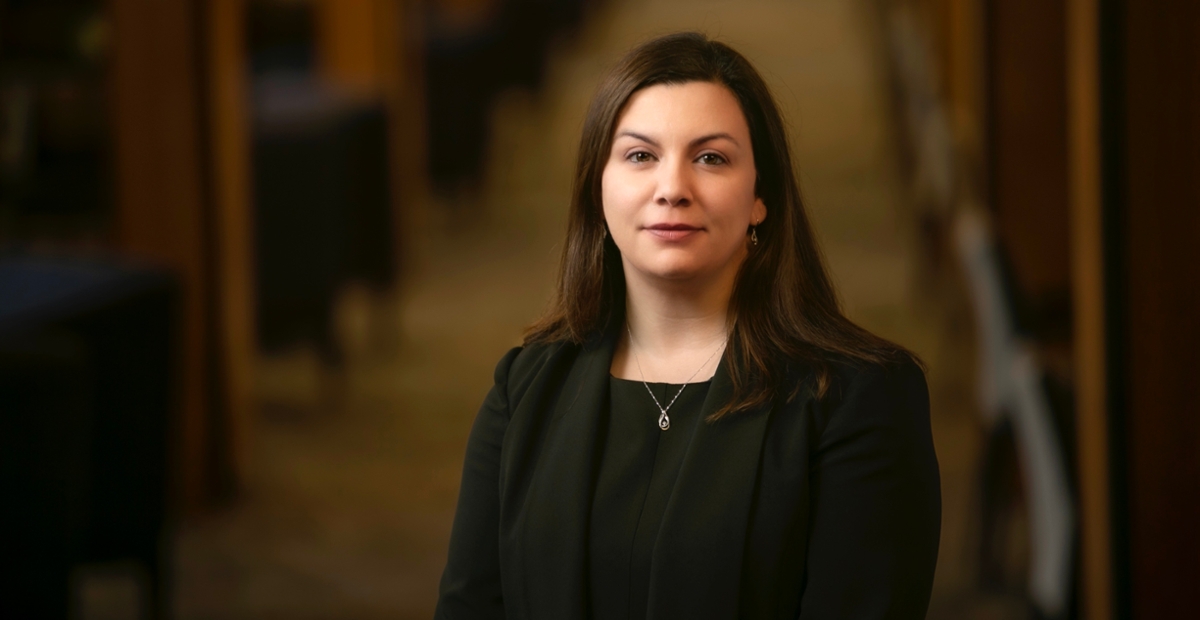Enhancing care for survivors of homicide victims
Enhancing care for survivors of homicide victims

Jeanna Mastrocinque, Ph.D.
Crime victim researcher
Areas of expertise:Criminal justice, crime victims, victimization and health
More informationAfter a homicide, the pain and trauma of the victim’s friends and family endure—often invisible and unaddressed.
Jeanna Mastrocinque, Ph.D., associate professor of Law & Justice Studies in the Ric Edelman College of Communication, Humanities & Social Sciences, hopes her research will uncover their needs and improve assistance.
She discovered the problem’s extent at a 2003 conference on capital punishment. “I started to realize how complicated the process is for families afterward, and there isn’t a lot of attention to the impact of homicide on families,” she said.
Mastrocinque received a $500,000 “Advancing Hospital-Based Victim Services” grant from the U.S. Department of Justice. Based on her ongoing focus group research with families and friends of homicide victims to understand their experiences and needs, her research determined a dedicated staff member would help loved ones navigate support systems short and long term. The grant expands an existing hospital-based violence intervention program to include a victim navigator, who provides guidance and assistance to loved ones of homicide victims.
“In the midst of trauma, families are trying to deal with the medical system, they’re trying to deal with the criminal justice system,” Mastrocinque said. “There are spiritual aspects of their journey after the homicide of a loved one.”
Mastrocinque and Elizabeth Cerceo, MD, from Cooper Medical School of Rowan University, also received a $63,000 Camden Health Research Initiative grant and are examining trauma-informed education regarding patient-physician interactions.
“The main focus for me is to have the research transform into practice,” she said.
People need to better understand the complexities and long- and short-term impacts, she said. They often fail to recognize how family members feel after the trial in homicide cases and their health consequences.
“Everybody else seems to move on, but families, friends and communities are left trying to figure out how to move forward,” she said.
Rowan University researchers are passionate about what they do. Find more at Meet Our Researchers.